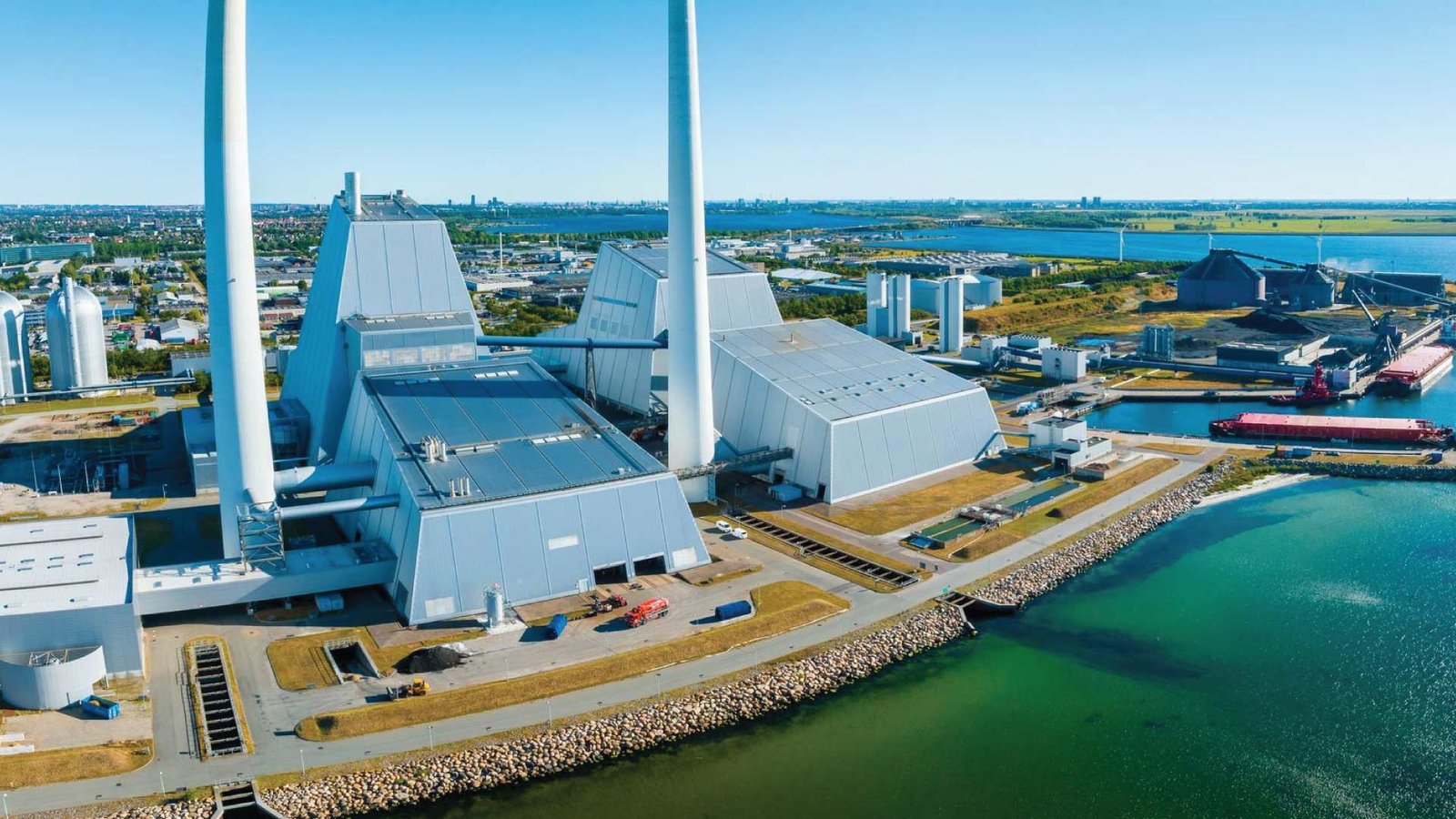From petroleum to hydrogen, discover how energy companies are reshaping their strategy in the face of peak oil demand.
Is the doomsday of oil upon us? Peak oil demand, years away, was merely hypothetical, a state to be achieved in the future, and it was a subject of academic and activist discussion. That discussion has simply changed the face of the whole fossil fuels industry in 2025. When, now, and not whether. New predictions based on n unprecedented EV market uptake and policy changes around the world are bringing this event horizon to focus and near-term concern. No longer is the strategic imperative of every C-suite executive to manage growth; rather, this imperative is to pioneer a profitable post-peak! Then, the question is what is the current peak oil demand means to fossil fuel companies? It implies addressing the fact of a dynamic market.
The New Horizon of Demand
The Decarbonization Imperative
New Energy Ventures Beyond the Barrel
Future-Proofing the Business
The New Horizon of Demand
Towards the end of 2024 and through the year 2025, the IEA and other major agencies have strengthened forecasts that peak oil demand will take place in the coming years. This is not a gradual, soft bend, but it is a hard reaction to the visible market forces. It is mainly pushed along by the rapid electrification of transport, especially in large markets, such as China. In the meantime, energy efficiency and changes to other fuels are systematically undermining the demand for traditional petroleum products. Those changing trends of oil consumption pose an obvious immediate danger to the established business strategies and raise doubt about the premises of the last decade.
The Decarbonization Imperative
For C-suite leaders, peak demand does not signal a retreat from energy. Instead, it signals a critical pivot. The strategic debate is centered on asset rationalization—divesting from high-cost, high-carbon assets and reallocating capital. The industry is already seeing a surge in investments toward a diversified energy portfolio, driven in part by persistent oil price volatility. The focus is on a new set of assets that will define profitability in the coming decades. This re-prioritization is not a choice; it’s a necessity for survival.
New Energy Ventures Beyond the Barrel
What the fossil fuel industry can eventually become is becoming an even bigger element in determining its future than it has been. Such a move is not a binary decision, but a strategic growth that takes into consideration the already existing strengths. Such huge infrastructure, engineering skills, and capital cushions provide the industry with a unique position to dominate this shift.
- Natural Gas as a Bridge: No longer is natural gas merely a commodity; it has become a vital bridge fuel in the compelling energy shift. The increase in the LNG market, especially in Asia, is a large-scale investment option that should be taken into consideration as it is a cleaner source of energy, as the world is currently increasing renewable energy.
- Hydrogen Economy: The gas industry has the established infrastructure and experience involved in working with gases; this makes it a natural leader in taking advantage of the new hydrogen economy. C-suite leaders are considering making huge investments in both blue (carbon-captured) and green (renewable) hydrogen projects to decarbonise hard-to-decarbonise sectors.
- Carbon Capture and Storage (CCS): This is an achievement of the decarbonization strategy. It is expected that over the next five years, companies will invest cumulatively about 80 billion dollars to secure CCS as the new multi-billion-dollar high-margin service provider to other heavy industries, besides cutting their own emissions.
Future-Proofing the Business
The question that every single leader should ask himself or herself is Am I a legacy oil company that is running on a slow slope to death, or am I an energy company that is future-forward and is creating a solid, diversified future? The solutions are in present, active, and data-based judgments. The issue is colossal, as is the prospect of establishing a permanent position at the core of the world energy system. These are the organizations that will be best positioned to succeed in the future and will be both the most successful and the most perceptive of the organizations that accept this transition not as a compulsory concession but as a strategic opportunity.
Discover the latest trends and insights—explore the Business Insights Journal for up-to-date strategies and industry breakthroughs!

